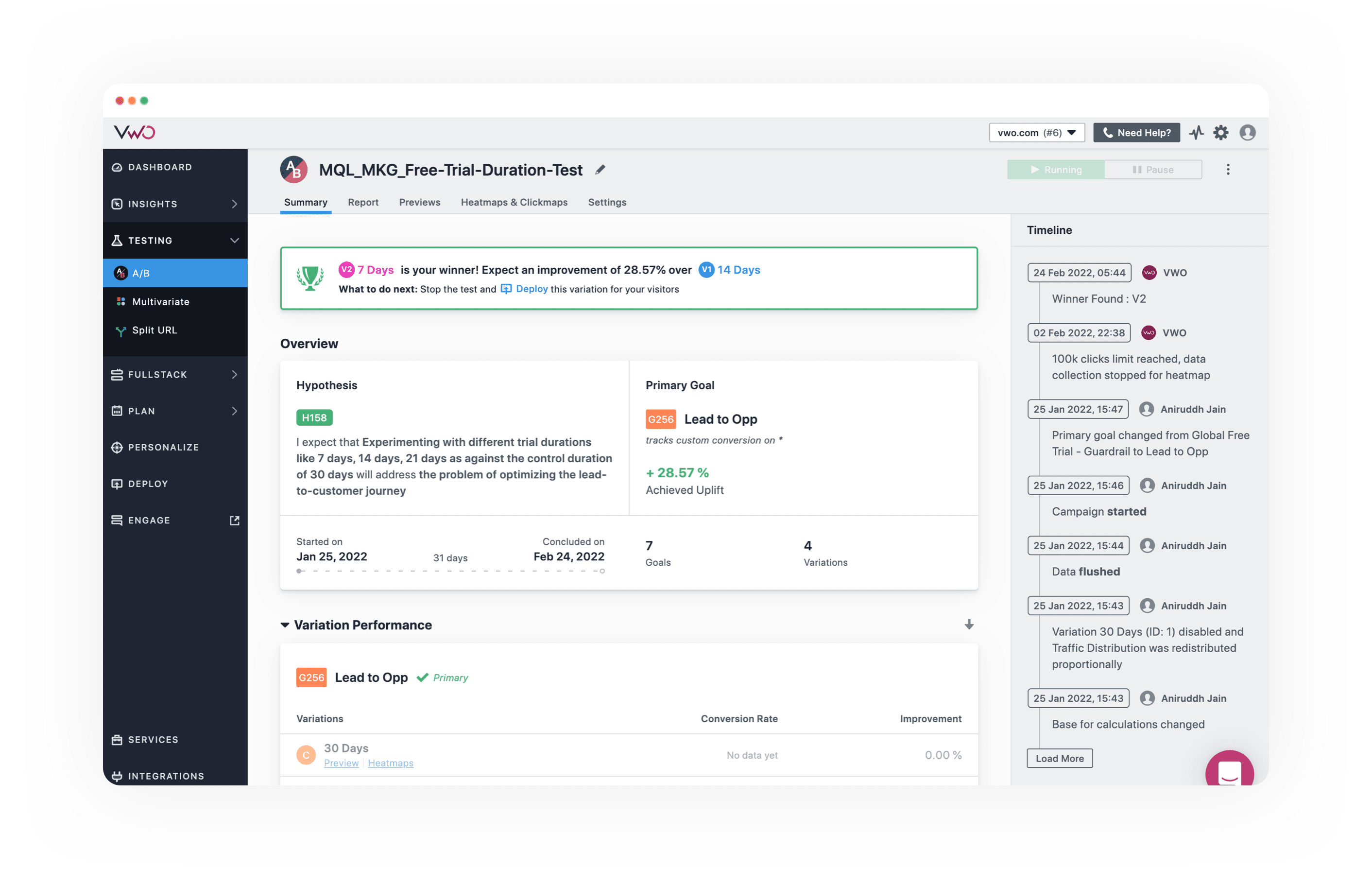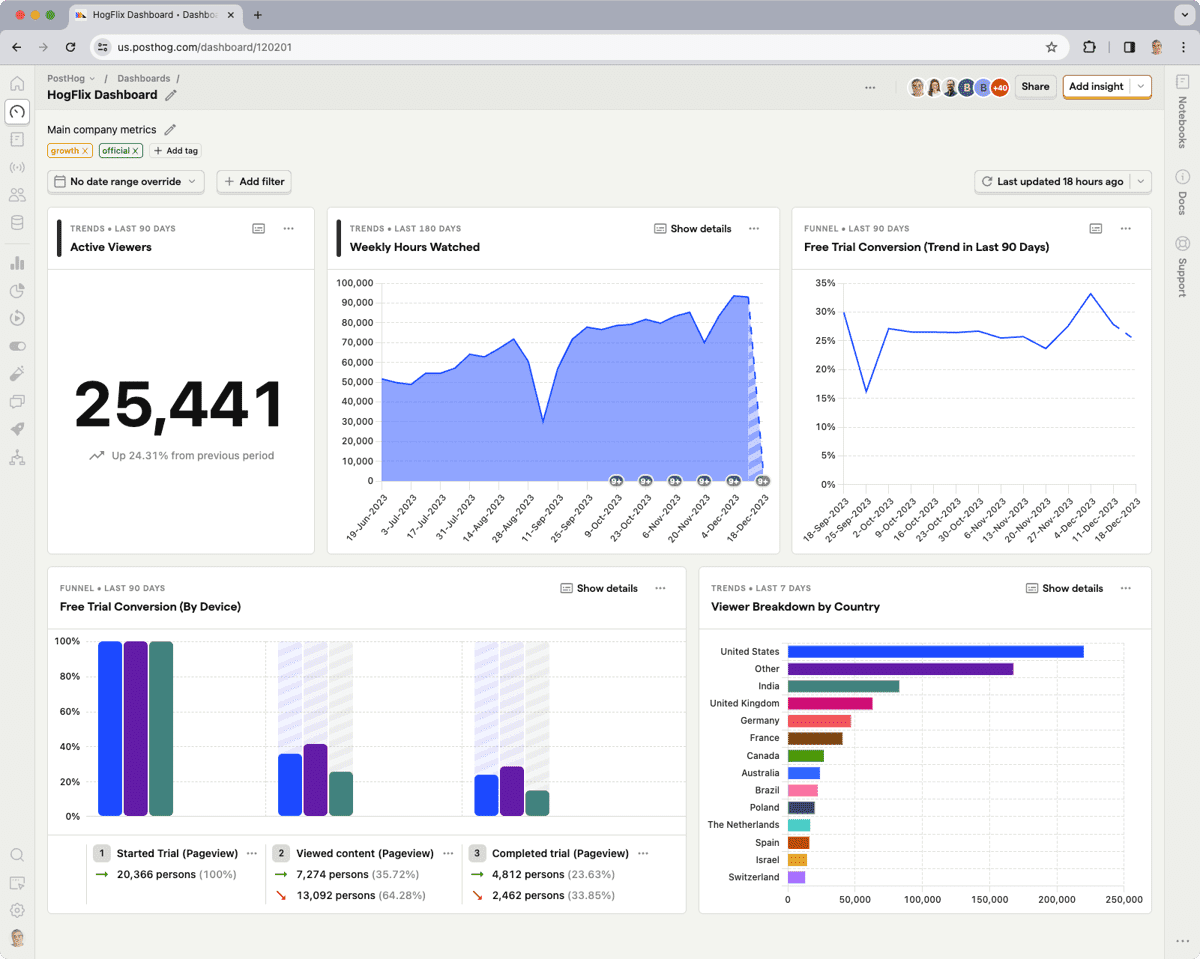Are you looking to optimize your website's performance but unsure if VWO is the right choice? You're in luck! We've compiled...

Website Marketers: Tips to Maximize Your Digital Customer Experience
Recent Survey Results: Consumers Don’t Simply Care About Price and Product — They Demand a Great Digital Experience, Too
Digital experience is emerging as a key factor for online engagement for consumers in North America, according to a recent survey from FullStory.
Key findings from the digital customer experience survey can guide online merchants and service providers as they seek to capitalize on changes that developed during the COVID-19 shutdowns, when much of the nation’s commerce moved from in-person to online.
In the FullStory survey, 1,500 consumers in North America were asked about the digital issues they find most frustrating, particularly during online transactions, and what sorts of issues are encountered.
The results point toward growing awareness that good customer experiences are no longer sufficient for merchants who want to thrive in the post-lockdown economy. What’s critical now is the focus on great digital customer experiences. (Check out, What is Digital Customer Experience?) They also point out the value of advanced tools like a website heat map and the value of a digital experience manager.
As the digital experience survey shows, customers no longer base their loyalty on price or product. Instead, they are loyal to companies that create a great digital experience and back that up with good prices and good products. But creating this great experience is no easy task, since it must be implemented and maintained across a wide variety of channels, and done so consistently.
Key Survey Takeaways For Companies Pursuing Improved Digital Customer Experiences
The key points from the survey include several important factors:
- 81% of Americans plan to maintain or increase their online usage
- 64% of respondents have been frustrated or struggled what an online transaction in the last 6 months
- 77% of consumers said they would abandon a cart without completing a transaction if they encounter errors, and 60% said if that happened they would not return to that site
- Only 12% of consumers who encounter problems report them to the business
- “Good” digital experiences include being able to accomplish tasks quickly, being able to complete and submit forms without a problem, and trusting that information is private and secure.
Tips for Creating Great Digital Experiences in 2021
There are several good tools that business owners can implement that will help them create and maintain great digital experiences that win and keep customers in 2021 and beyond.
Hire a Digital Experience Manager
Creating a new position for a digital experience manager can help set and maintain an overarching digital experience for customers no matter their intent or preferred platform.
Working in tandem with search engine optimization specialists and content markets, the digital experience manager is responsible for strategy and operations that create great site experiences as part of broader e-commerce efforts. The role leads end-to-end digital consumer journeys by enhancing the company’s brand narrative and inspiring consumers to buy and buy again — not just because of a product or price, but because they love the experience and the company.
Digital experience managers will:
- Lead and implement digital customer experience optimization and personalization.
- Collaborate with digital marketing, analytics, and product management.
- Deliver tests and reports that show site effectiveness and opportunities for improvement.
- Drive consumer discovery through SEO, on-site search, and navigation.
- Lead content initiatives through different content strategies.
- Inspire confidence among consumers.
- Influence marketing strategy.
Utilize Website Heatmap tools
If you aren’t fully engaged in site creation and maintenance you could be forgiven for not knowing what a website heat map is. This relatively new tool shows how users interact with your website. You can pinpoint elements of your website layout that deserve extra attention and care.
Website heat maps show the level of interaction or engagement in overlaid colors. The more activity, the warmer the color — just like weather temperature heatmaps (Check out, What is a Website Heat map Tracking Tool). They can record interactions such as scrolling, movement, attention, and location. The colors can be used to replace numerical analytics and overlaid directly on the web page itself, which makes it easier to spot underlying trends and forgoes the need to crunch numbers or compare metrics.
For UX designers, Website heat maps can:
- Spot unexpected behavior
- Test new designs
- Be paired with usability testing
- Show how websites should be altered
- Website Heat maps can also be used by:
- Marketers, to measure the effectiveness of ads and ensure that spending converts into paying customers.
- Digital analysts, who can identify which data are most important to focus on and see user behavior in a visual, as opposed to numerical, way.
- Product owners, who can gain a strategic overview to make decisions, prioritize tasks, and uncover gradual changes that may be harmful but otherwise go undetected.
Implement user behavior analytics tools
Behavioral analytics examine the reasons underlying customer behavior. This can include analytics such as page views, time on page, bounce rate, email signups, and more.
Understanding these data is crucial if you want to optimize your company's conversion, engagement, and retention. With the right tools, every member of your marketing team, from social media content creators to those driving email conversion campaigns, can use data to make decisions, increase engagement, and drive sales.
- Marketers can hone in on the most valuable channels and maximize retention by understanding how customers engage throughout their journeys.
- Product managers can identify user behavior that leads to increased retention and reduce churn and move quickly on product implementations by measuring user engagement in real-time.
- Data analysts can break down data silos and analyze the full customer journey, then empower their organization to make data-driven decisions a part of daily routines.
If the last 18 months have proven anything, it’s how quickly the world of online marketing can change. It further shows how companies positioned for success were able to pivot quickly and adapt to those changes — and how less agile companies wallowed and saw their sales lag or their operations shutter altogether.
While our daily lives may be returning to normal, online marketing surely isn’t. Are you positioned for success?
Ready to Give FullSession a Try?




